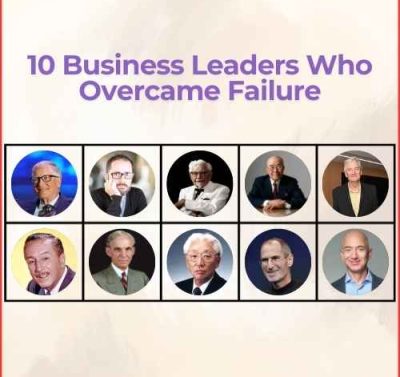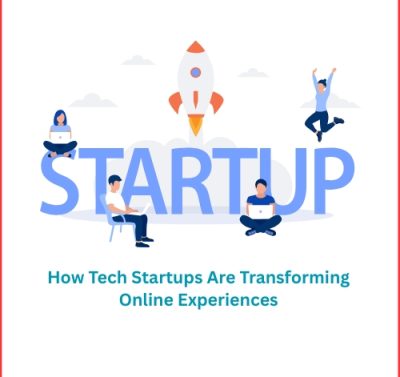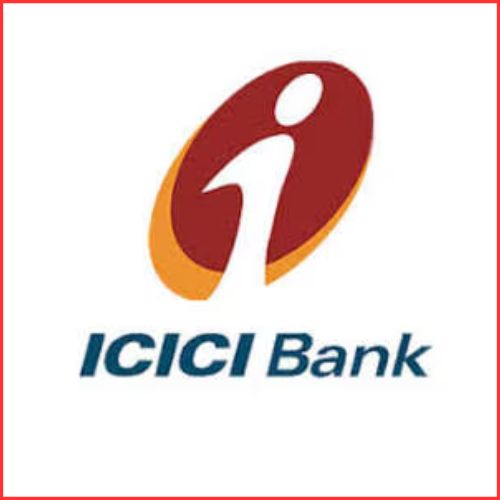Due to a $850 million write-off, the revised conditions now have a decreased quasi-equity component of $950 million instead of the previous $1.8 billion.
According to those with knowledge of the situation, a Mizuho-Nomura-led consortium has revised the terms of the financing agreement worth roughly $2.2 billion through which Oyo founder Ritesh Agarwal repurchased a 23% ownership in his company in 2019.
Inquiries to Agarwal, Nomura, and Mizuho went unanswered. Agarwal’s family office’s attorney, Nitin Wadhwa, declined to comment.
According to the aforementioned individuals, the new conditions include a reduced quasi-equity component of $950 million, down from $1.8 billion earlier, as a result of a $850 million write-off. This $950 million portion has a 10-year payback period and is dependent on the company’s valuation. The $383 million loan component is now due in 2027 as opposed to 2025 under the revised conditions.
According to analysts, the markdown denotes a more cautious stance by financial organizations to startup investments.
Through RA Hospitality, a holding company he established for the purpose, Agarwal purchased a 23% interest in his business back from Oyo’s early funders Lightspeed and Sequoia in May 2019 for $2.2 billion. With SoftBank owning 46% of Oyo and Agarwal holding 33%, Agarwal became the company’s second-largest shareholder, valued at $9.6 billion. Although the specifics of the agreement were kept private, those with knowledge of the situation claimed that Agarwal’s purchase was made possible by a sophisticated arrangement overseen by the principal financiers Mizuho and Nomura. This arrangement included a quasi-equity structure with a bullet payment due after three years that could be extended by up to another three years by using a coupon or interest rate that was linked to an increase in the company’s valuation.
“Despite the fact that the financial arrangement has been revised, Agarwal’s ownership of the organization is currently unaffected. One of the individuals stated that such rewriting takes time, and another noted that it wasn’t a “easy debate.”
According to the aforementioned person, “it was apparent that a relief in the loan terms and structure will have to be offered in the present reduced tech valuations environment and following Oyo’s losses after the epidemic and its disastrous foreign excursions into geographies such as China.” “The majority of startup investors had to suffer a loss. The tech investment cycle is riskier.
According to an amendment submitted to the Securities and Exchange Board of India (Sebi) in September, Oyo reported losses from continuing operations of Rs 2,140 crore for FY22 as opposed to Rs 4,103 crore the year prior. Despite losses of Rs 414 crore, the business claimed the April to June period was its first ebitda-positive quarter. For the June quarter, it recorded an adjusted ebitda of Rs 7 crore. For the quarter, it generated Rs 1,459.3 crore in operating revenue.
The reduction happens soon after reports that SoftBank valued Oyo at $ 2.7 billion, which the startup called “patently wrong.” According to estimates from last month, the IPO-bound company’s private market valuation had decreased to about $6.5 billion as a result of the rumors. According to a media source quoting industry insiders, more than 1.23 million shares of the company were sold privately during the week ending September 30 as opposed to just 160,000 the week before.















